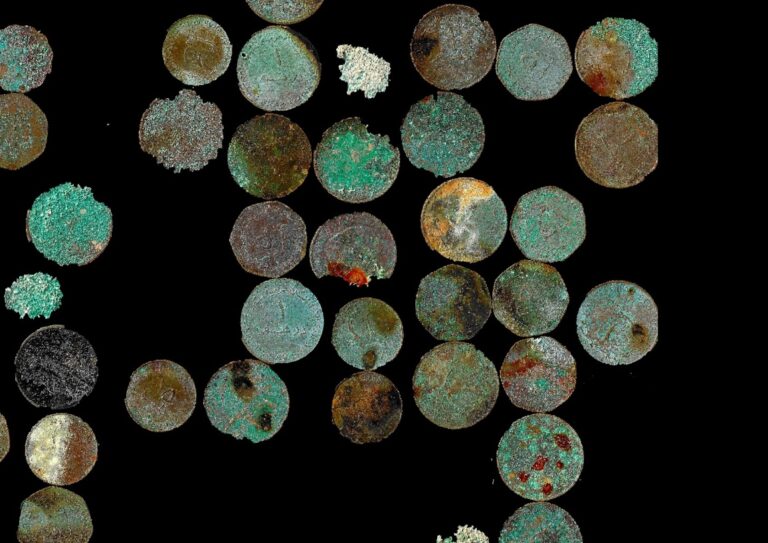
Currently -
Upcoming events and open calls
There are currently no events or open calls.
PARSE is an international artistic research publishing platform and biennial conference based in The Artistic Faculty at the University of Gothenburg, Sweden.
Current

Editors – Tarsh BatesMichael LukaszukLisa NybergDaniel ShankenYoung Suk Lee
This issue of PARSE explores how artistic research can respond to and represent different aspects of the dynamic interplay between more-than-human forces and culturally resilient structures. As we are situated within Sápmi, the lands of the Sámi people, this question can not only be explored within the academic structure, but in connection with land, culture and community. The contributions have been selected from the broad range of research presented at Hurricanes and Scaffolding: Swedish Research Council Symposium on Artistic Research, hosted by UmArts and held in Ubmeje/Umeå in December 2024. Drawing inspiration from Nora N. Khan’s contrasting concepts of “hurricanes and scaffoldings” as developed in her essay “Towards a Poetics of Artificial Super Intelligence”, artistic researchers identified the frameworks, practices, perspectives and themes that their practice can bring to the broader discourses of society, environment, technology and politics. This issue draws attention to a small sample of the extraordinarily diverse practices and methods employed in contemporary artistic research. The following editorial map includes artistic responses by each co-editor to the Hurricanes and Scaffolding theme.[1]
Previous

Editors – Eva WeinmayrFemke Snelting
This issue of PARSE Journal starts from the tangled and mesmerising fabric of collective artistic practice, particularly from the frictions that keep coming up when sharing work that was collectively produced or while reusing works made by others.
You may have felt too shy to reuse existing work out of caution not to overstep cultural boundaries. You may have engaged in cultural appropriation without noticing, or maybe regretted including a fragment, image or reference but did not know how to apologise. Maybe, you have experienced a situation in which collaborators expressed anxiety about not being credited adequately, or you struggled with who or what to include or exclude from a colophon. You may at times also have felt wrongly acknowledged or not acknowledged at all.
Forthcoming
Fabulation
- Issue 23
- — Spring 2026
Fabulation has been conceptualised and applied under various names depending on the social, epistemic and artistic context. Abram (2005) speaks of fabulation in terms of “experiments with subject matter, form, style, temporal sequence, and fusions of the everyday, the fantastic, the mythical, and the nightmarish, in renderings that blur traditional distinctions between what is serious or trivial, horrible or ludicrous, tragic or comic.” For Piérola (2022) fabulation straddles “history and fiction, fact and imagination to tell stories.”
In the last two to three decades, the term fabulation has gained pertinence in both scholarly and artistic arenas and its meaning, usage and critical potentialities have undergone a major shift to include speculative fabulation (Haraway, 2016), critical fabulation (Hartman, 2008), afro-fabulation (Nyong’o, 2019), afro-futurism (Dery, 1994; Nelson, 2002), and feminist fabulation (Barr, 1992). All of these interpretations have invited artists and scholars to address imaginative capacities that foreground what is otherwise conceived of as irrecoverable and unrepresentable. Fabulation as a theoretical and artistic practice does not merely attend to the gaps in history but provides possibilities to imagine alternative futures.
This issue of PARSE aims to explore and interrogate the affordances of mobilising fabulation in artistic practices.

Waves of Movement Through Suspension
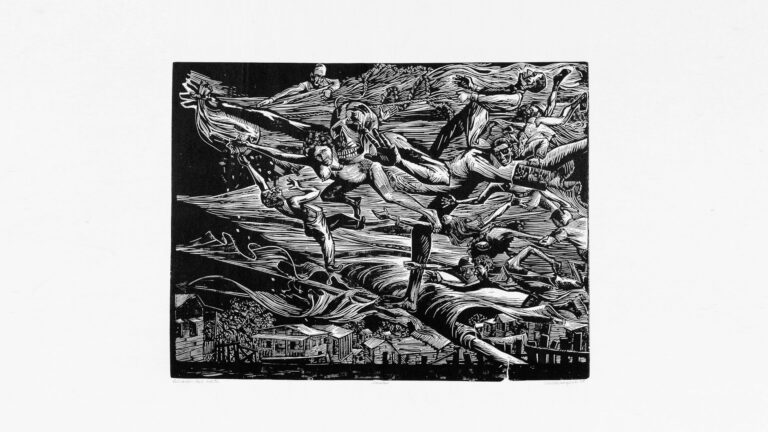
Grito transhemisférico: remediación de Juracán // Transhemispheric Call: Hurricane Remediation
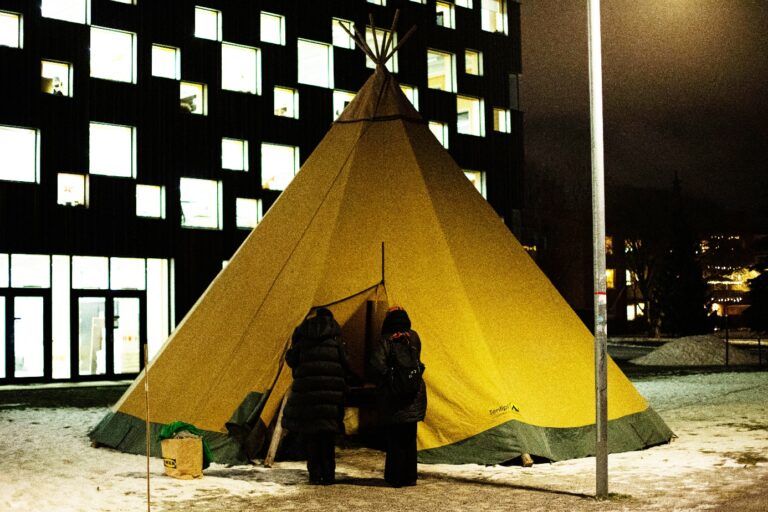
Convening on the Land:
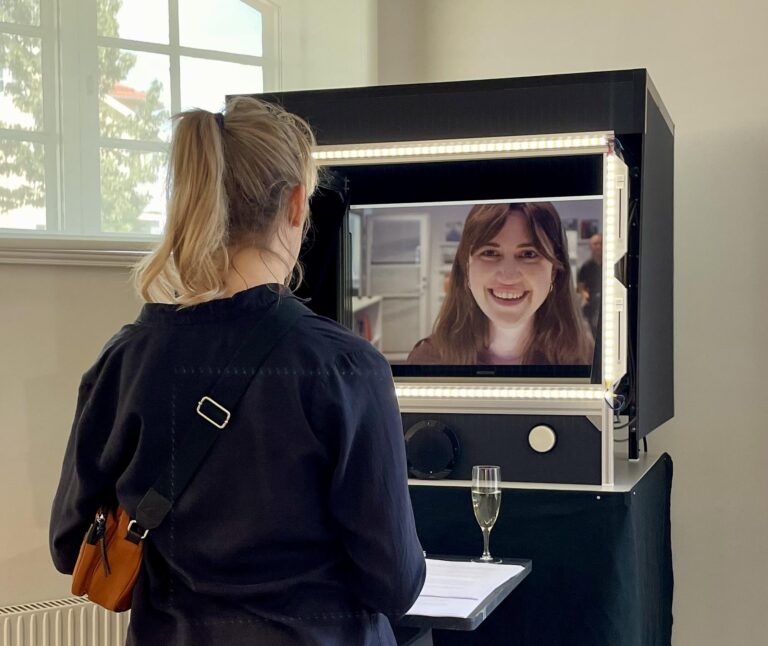
“When I Becomes We”
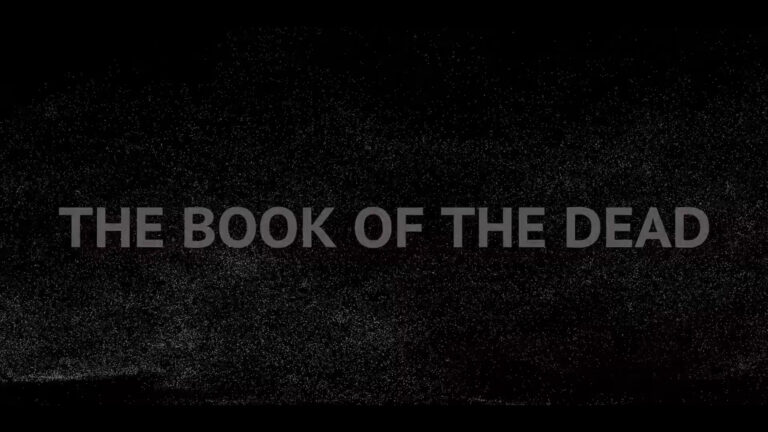
The Book of the Dead
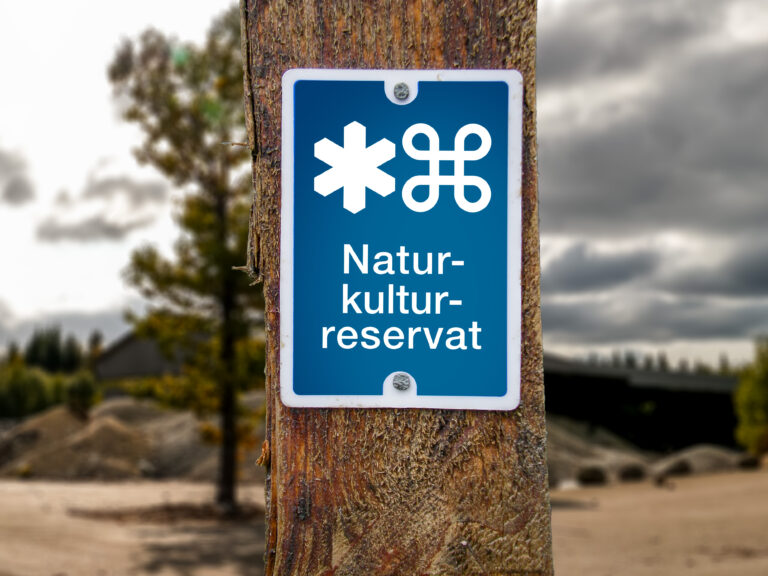
Natureculture Preserve Marhult: Contaminated Sites as Field, Discourse and Material
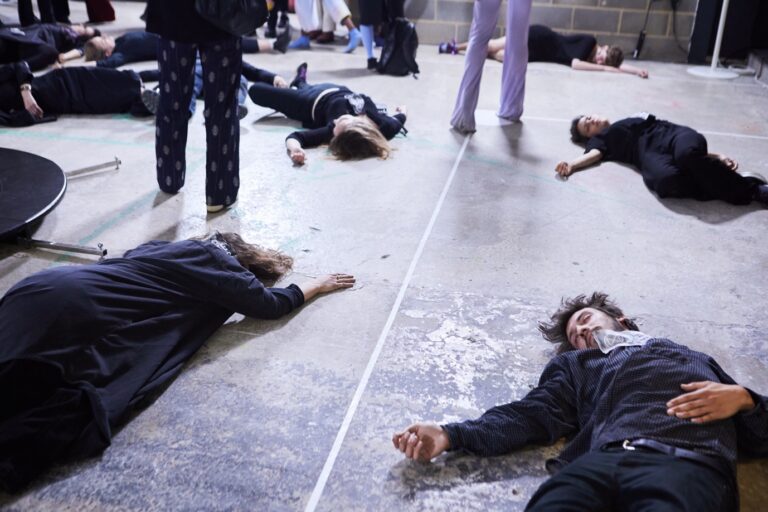
Design and Grace:
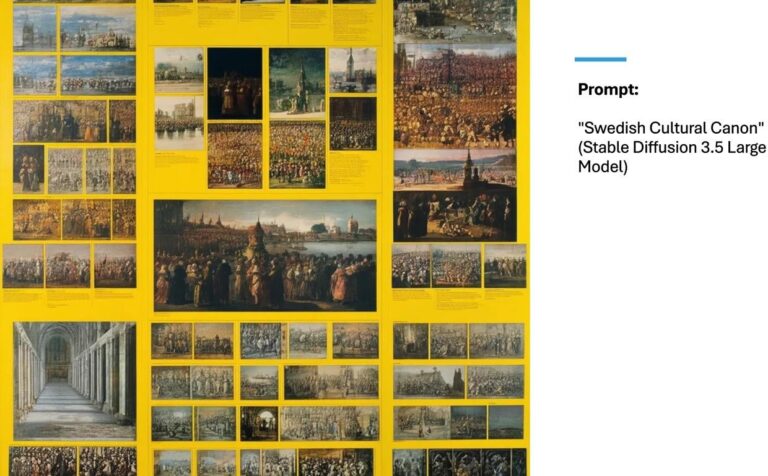
Encoding Culture:
Featured articles during February, 2026
I've been trying to think through the possibilities and limitation of gathering. Gatherings come in many forms, from assembling together in a specific place, to convening with people and things through mediums, to being present with one another in a multitude of other ways. What might gathering do/rupture/foreclose? How might art and research contribute towards collective, interdisciplinary and everyday civic participation and agency, and in what ways can it/should it/should it not do so through critical practices of gathering? Gathering holds things in relation, bringing people and things nearby. This is fraught with tensions: shifting conditions and positionalities, assymmetries and impositions of access and refusal, structures of absence and hypervisibility, everpresent risk of extraction/ instrumentalisation/ commodification, language bariers and boundaries, and a plurality of irregularly desedimenting histories, spaces, memories, and temporalties. What gatherings have the capacity to hold and attend to these tensions—to hold our grief, anger, struggles, and joys like the water, its waves moving through and with each other without destruction?
Selection by Johnny Chang